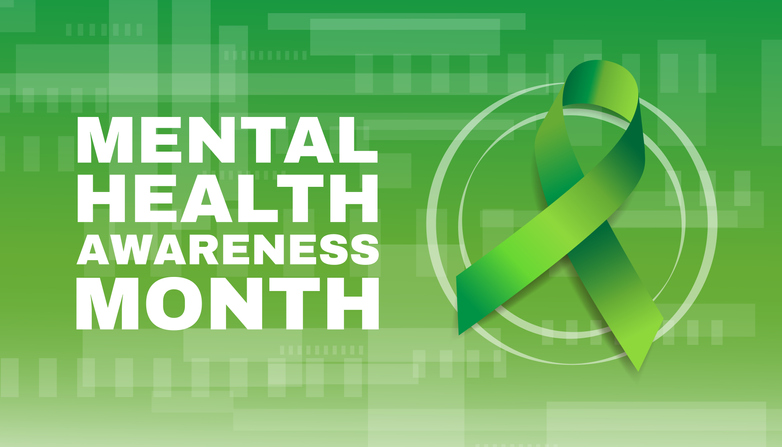While on the road, just about every truck driver has felt stress. You are dealing with congested mornings and drivers who are not following road safety and cause a lot of stress, especially when your job is centered around driving every day.
The month of May is Mental Health Awareness Month, and we are touching base on the struggles many truck drivers are faced with and what you can do while on the road.
Mental Health and Truck Drivers
When you look around at truck drivers, you often see veteran male drivers – and just like anyone else, it may be hard to vocalize your feelings related to mental health. It is easier to measure physical health on a clinical basis; however, mental health requires more self-awareness that some are not willing or not comfortable speaking up about.
The Centers for Disease Control and Prevention state that those in warehousing and transportation are at a higher risk of suicide than other individuals in different fields of work. Psychiatric, sleep and health issues are all related to depression which is not always reported in the trucking industry. These go unreported because drivers fear losing the certifications needed to maintain their careers.
So, what induces these feelings in truck drivers? Driver anxiety is often mistaken for driver aggression. But both are mental health subjects that cause concerns and safety issues. Anxiety is different for each individual, and maintaining your anxiety can be difficult, especially when coping with a disorder. Truck drivers are often looked at negatively by the public when faced with less-than-ideal encounters on the road or long exposure to experiences and feelings of anxiety – even for the most experienced driver.
Even more so, dealing with traumatic events while out on the road, such as incidents and bridge strikes –can cause some truck drivers to experience symptoms of PTSD (Post Traumatic Stress Disorder). Drivers spend long hours on the road and witness many traumatic situations each day.
Reach Out to Truck Drivers
It is not stressed enough that each person can play a positive role in being an ally in mental health by reaching out and offering support. So how can you help as a truck driver or even a civilian?
- Be an advocate – there are many misunderstandings or negative views or opinions about truck drivers. Truck drivers are an important part of our economy – remembering this and how these perceptions of truck drivers could help reduce some of the negative treatment drivers face on the road each day.
- Offer support – you can offer support to drivers that work for you. Often, people turn to their workplace for support – and mental health support should be no different. Without support from your carrier, truck drivers are less likely to reach out and ask for help and take a stand against the stigma around mental health.
- Do your part – 1 in 5 adults in the United States experience mental health illness at some point in their life. The already existing stigma can make it hard for someone to speak up, so instead, they suffer along – in silence. If you are comfortable opening up about your mental health experiences, it could help someone else open up about their feelings.
If at any time you need mental health support, you can always reach out to the National Alliance on Mental Illness at 1-800-950-6264 from Monday through Friday between 10:00 am – 6:00 pm EST. However, if you need help immediately, you can reach out to the National Suicide Prevention Lifeline 24/7 at 1-800-273-8255 for confidential support.

